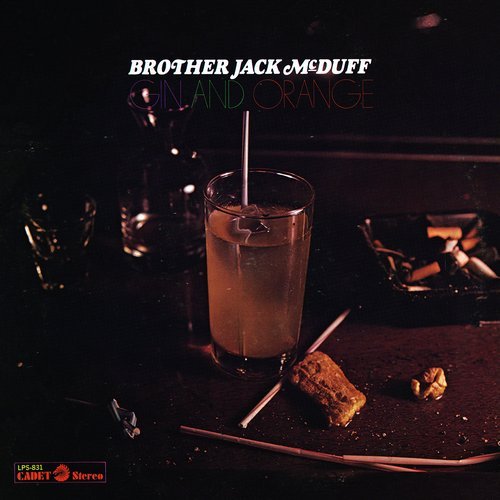Aki Takase & Ayumi Paul - Hotel Zauberberg (2015)
Artist: Aki Takase & Ayumi Paul
Title Of Album: Hotel Zauberberg
Year Of Release: 2015
Label: Intakt Records
Genre: Jazz
Quality: 320 / FLAC
Total Time: 52:29 min
Total Size: 120 / 224 MB
WebSite:
Tracklist:
01. Ankunft (1:13)
02. Der Schnee (3:47)
03. Analyse (3:00)
04. Was ist die Zeit? (1) (2:35)
05. Hans (4:42)
06. Ewigkeitssuppe (2:41)
07. Eulenspiegel (2:47)
08. Menuett, KV 1, G-Dur (2:55)
09. Peerperkorn (2:08)
10. Partita Nr. 3, BWV 1006, Preludio (3:51)
11. Veränderung (2:12)
12. Donnerschlag (6:20)
13. Was ist die Zeit? (2) (1:49)
14. Frau Chauchat (4:15)
15. Vetter J. (2:16)
16. Zauberlied (2:18)
17. Was ist die Zeit? (3) (2:21)
18. Finis Operis (1:26)
Recorded, mixed and mastered January and May 2014 by Kulturradio vom Rundfunk Berlin Brandenburg.
Radio producer: Ulf Drechsel. Sound supervisor: Wolfgang Hoff. Recording engineer: Nikolaus Löwe. Digital cut and mastering: Ulrich Hieber.
Liner notes: Manfred Papst. Photo: Mariko Saga, Vanessa Franklin. Cover art and graphic design: Jonas Schoder.
Produced and published by Intakt Records, Patrik Landolt
The project 'Hotel Zauberberg' arose out of Aki Takase's and Yumi Paul's shared admiration for the writer Thomas Mann. It mostly consists of notated compositions, with some improvised parts as well. Eleven of the eighteen pieces were penned by Aki Takase, another five are collaborations with Ayumi Paul. Additionally, there are adaptations of a Mozart Minuet and a Bach Partita.
Aki Takase reacts to the polyphony of the novel with a variety of stylistic elements. She has never been a purist anyway; she's never been shy of contact. She is an avant-gardist drawing on tradition. She's got both claws and finesse. And, most of all, she's got a sense of humour.
Aki Takase and Ayumi Paul's first collaboration stands out through its light-footed intelligence as well as a sense of the abysses of the 'Magic Mountain', which turns into a world-theatre of love, illness and death. Thomas Mann, whose work includes music as a subject in itself as well as a language, would have enjoyed it.
Radio producer: Ulf Drechsel. Sound supervisor: Wolfgang Hoff. Recording engineer: Nikolaus Löwe. Digital cut and mastering: Ulrich Hieber.
Liner notes: Manfred Papst. Photo: Mariko Saga, Vanessa Franklin. Cover art and graphic design: Jonas Schoder.
Produced and published by Intakt Records, Patrik Landolt
The project 'Hotel Zauberberg' arose out of Aki Takase's and Yumi Paul's shared admiration for the writer Thomas Mann. It mostly consists of notated compositions, with some improvised parts as well. Eleven of the eighteen pieces were penned by Aki Takase, another five are collaborations with Ayumi Paul. Additionally, there are adaptations of a Mozart Minuet and a Bach Partita.
Aki Takase reacts to the polyphony of the novel with a variety of stylistic elements. She has never been a purist anyway; she's never been shy of contact. She is an avant-gardist drawing on tradition. She's got both claws and finesse. And, most of all, she's got a sense of humour.
Aki Takase and Ayumi Paul's first collaboration stands out through its light-footed intelligence as well as a sense of the abysses of the 'Magic Mountain', which turns into a world-theatre of love, illness and death. Thomas Mann, whose work includes music as a subject in itself as well as a language, would have enjoyed it.
or
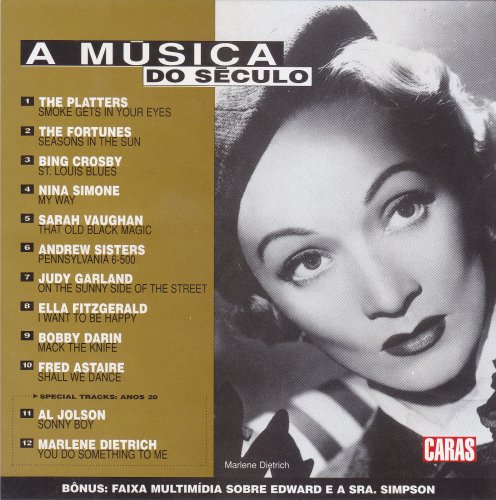

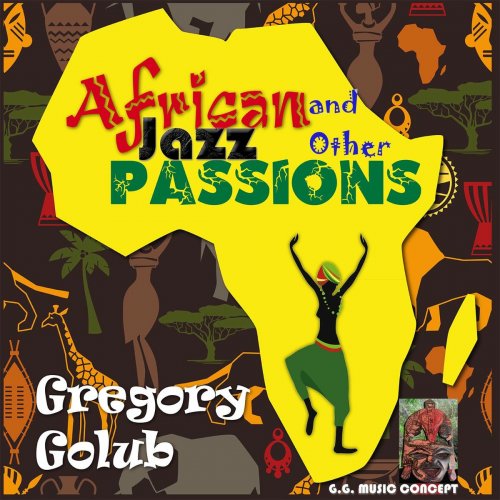
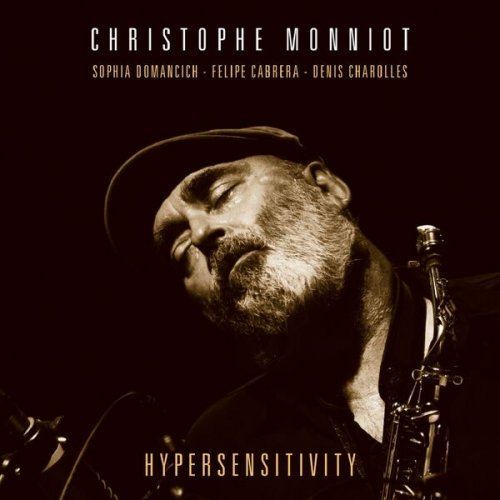
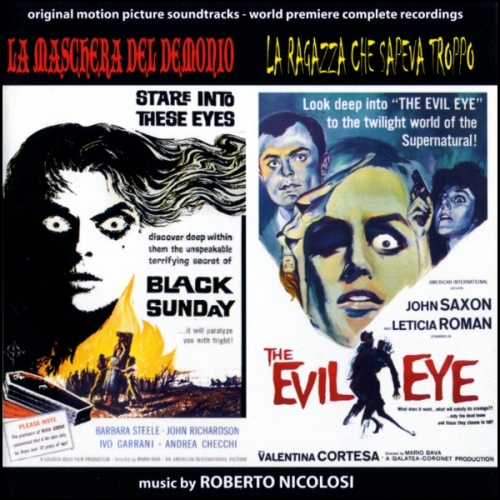
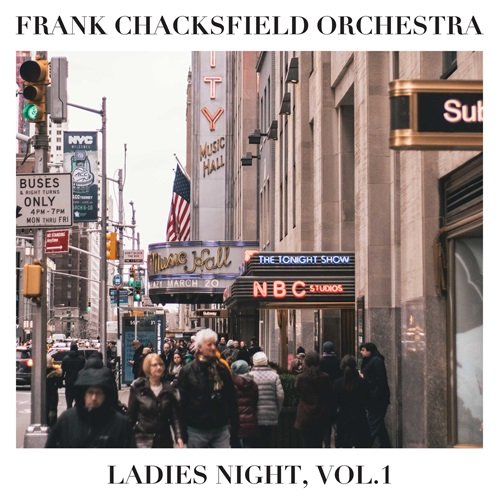

![Oscar Peterson - Around The World (2025) [Hi-Res] Oscar Peterson - Around The World (2025) [Hi-Res]](https://www.dibpic.com/uploads/posts/2025-12/1764684674_folder.jpg)
